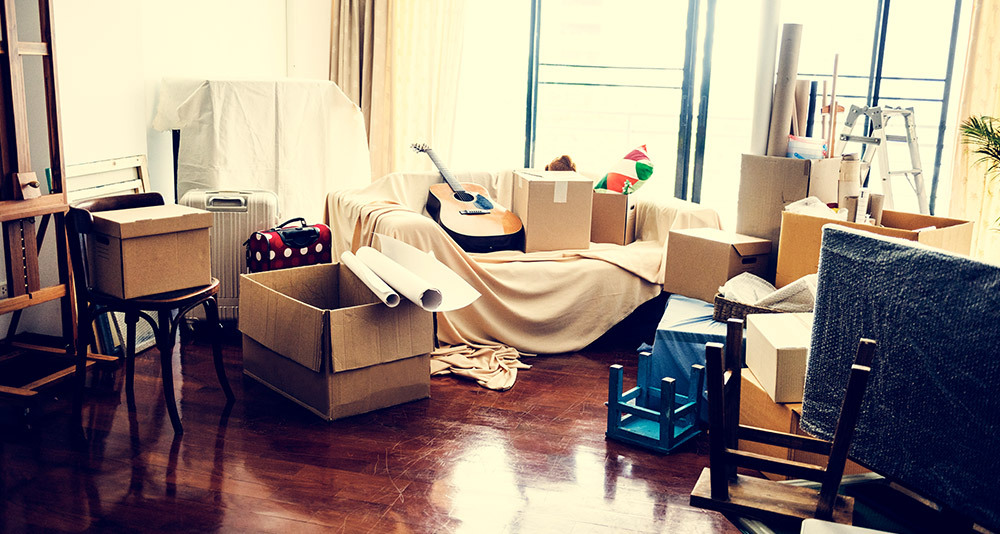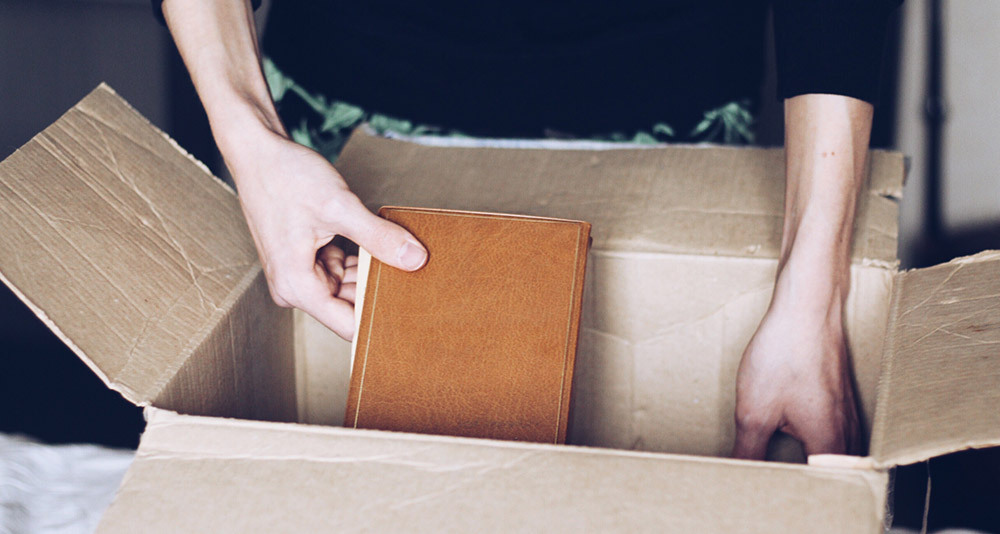Can You Empty a House Before Probate?

You may have recently lost your parent or another family member. If they left a house, you may be wondering what to do with it. You know you don’t plan to keep it, so it will need to be sold as part of the probate process. However, you aren’t sure what to do about all the personal belongings and furnishings inside the house.
Before you touch anything and remove it from the house or sell it, you need to know what is allowed in the probate process and how to get the home ready to sell. You also need to be informed about transferring the property if it isn’t to be sold and how to have a probate sale for the home.
What Happens to the Contents of the Estate House of the Deceased?
You may be anxious to gather personal items that have sentimental value from your loved one. However, you may not be allowed to take anything if the house is included in probate. Before you remove anything from the home, you need to consider a few important facts.
First, you should file a petition for probate as soon as you can for the estate of the deceased person. You will file this petition along with the will with the court where the person lived. If the house is deeded to a surviving heir, you may not have to include it in the probate assets. If this is the case, you would be free to take anything out of the home and dispose of the contents the way you choose.
If the house is part of probate, you may not be allowed to take anything out of it. Probate would need to be completed before you could remove the items. If you’re the personal representative or executor of the estate, you would need to take inventory of the contents of the house as part of recording the estate’s assets.
The executor may need to sell off the house to pay any outstanding debts. At this point or when probate is settled, you would gather the items and have an estate sale or divide them among the heirs.
How to Transfer the Property
To transfer the house from the decedent, the court will provide documents which show the executor will be acting on behalf of the estate. This will give them the power to sell the house and its contents. If the house will go to one of the heirs, the documents will show who is to inherit and allow them the ability to transfer the deed into their name.
What Happens to the House When it Enters Probate?
When a house is included as part of probate, one of three things will happen. It may be transferred to the person named in the will as the heir. They can choose to keep it or sell it once the title has been transferred into their name.
The second scenario is that it may be conveyed to the appropriate heir if there was no will to stipulate where it goes. This is called intestate, which means no will was found. In this situation, assets are disposed of based on the state law. In most cases, the surviving spouse will be the first in line to inherit the house.
The third option is to sell the house and distribute the funds to the heirs once the creditors have been paid. This often happens when no one wants the house or when the debts are more than other liquid assets.
How to Clean a House After Probate
To sell a house belonging to the deceased, you may need to clean it up for the new buyers or to list and show the property. The executor is also responsible for securing the property of the deceased. When it comes to a house, that often means to change the locks on the home. You may want to forward the mail to a PO box or to a home address.
Once the executor is approved by the court, you can begin the process of cleaning out the house. This should be a methodical process to ensure important information and items are handled correctly.
Steps in Cleaning Out an Estate House
- Organize paperwork based on future need. Not only will you need to keep track of any debts owed and insurance policies, but you will want to organize other documents for taxes. Continue paying the home insurance and utilities until the house has been sold or the title transferred. You’ll also want to keep photographs and other personal paperwork in a separate pile.
- Label other items either to keep, sell or donate, and to throw away. It will help you stay organized and know where everything is as you move through the process. As you’re organizing all the items, you should keep valuables in a separate location to be appraised at a later time.
- Make sure all the people working on cleaning out the house work with the same routine. It will make the process move faster and smoother. You will also be ready to sell the house when it gets to that point in probate.
How to Sell the House Without Hassle

If you’ve decided not to keep the house and it wasn’t willed to anyone, you may be ready to sell it after it has been cleaned out. One of the first things you’ll need to decide is how much work you are willing to put into the house for it to sell. One option is to list it as-is and sell it with the stipulation that no repairs or improvements will be made. You can often find investors who will pay cash for these homes.
The second option is to put some money into the house to get it updated and ready to sell at the highest price. You would probably list it with a real estate agent who can show it to potential buyers. You would get a higher price with the second option, but you may have to put more time and money into the home before it will sell.
Conveyance to Survivors or a Probate Home Sale
You basically have two options for a house once the owner has deceased. You can either have it conveyed to the survivors or sell it through a probate home sale. The title may be transferred if the will stipulated that someone specific gets the house or if the house was deeded directly to them. If the home was owned jointly, it may pass automatically to the second person. They also inherit the mortgage payments on the home if there are any.
If no one was named as heir to the home or it needs to be sold to pay off the debts of the decedent, a probate sale may be the next step. A probate home sale is similar to a traditional sale, but there are a few key differences. First, vendors who work on the home or the sale may have to wait until it sells to be paid. Another key difference is that the court may have to approve the sale before the transaction can be completed.
What Not to Do with a House in Probate
If you are the executor of an estate, you don’t want to move too fast or you could get into trouble. An executor has a legal responsibility to act in the best interest of the estate and to follow the wishes of the deceased. They only have the power given to them by the court, which remains the entity in control of the estate until probate is completed.
If you remove any items from a house before it has gone through probate, you could be held legally responsible. You must also secure the property to ensure nothing is stolen or damaged. If you fail to do so, you could be liable for the costs or loss of value. This includes giving items to others who aren’t named in the will. You may not see the big deal of giving an item to someone who wants a special memento from the deceased, but you aren’t allowed to do so if they aren’t named in the will.
A house is often one of the biggest assets of an estate. It can also be the most complicated to manage and transfer. If you aren’t sure what to do about the home of a deceased person, contact a probate attorney who can guide you through the process and protect you from allegations of misconduct.

